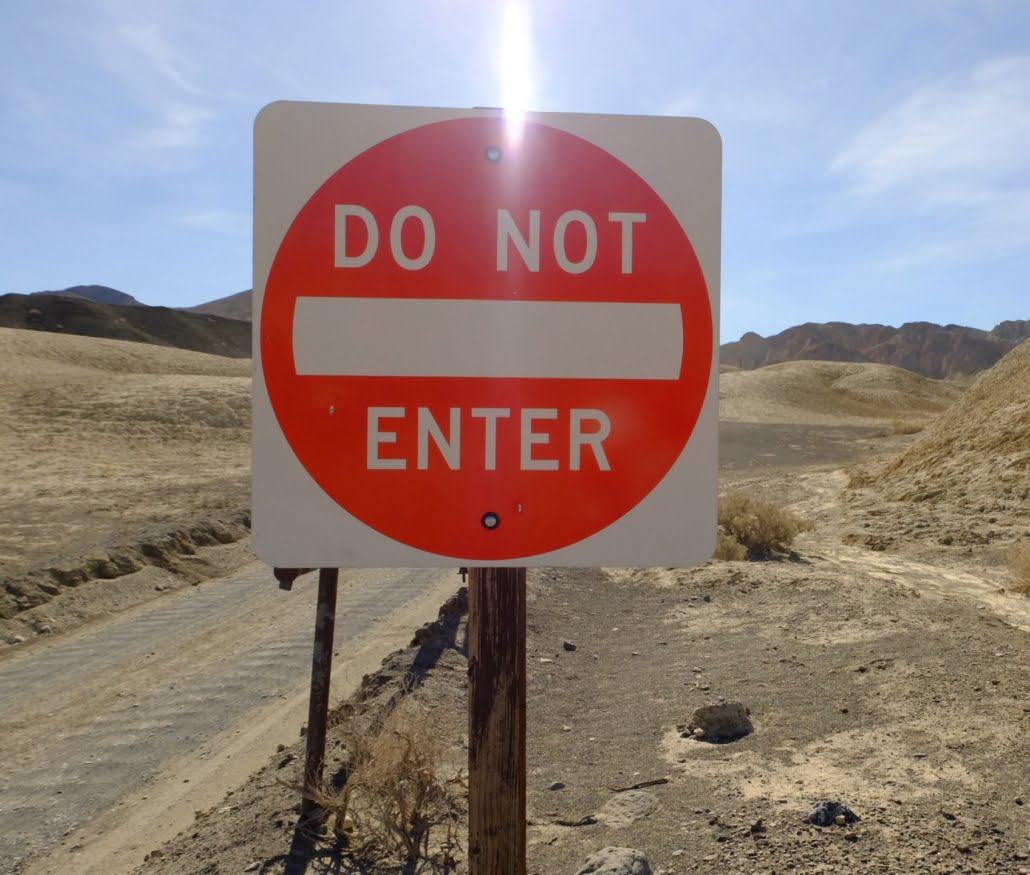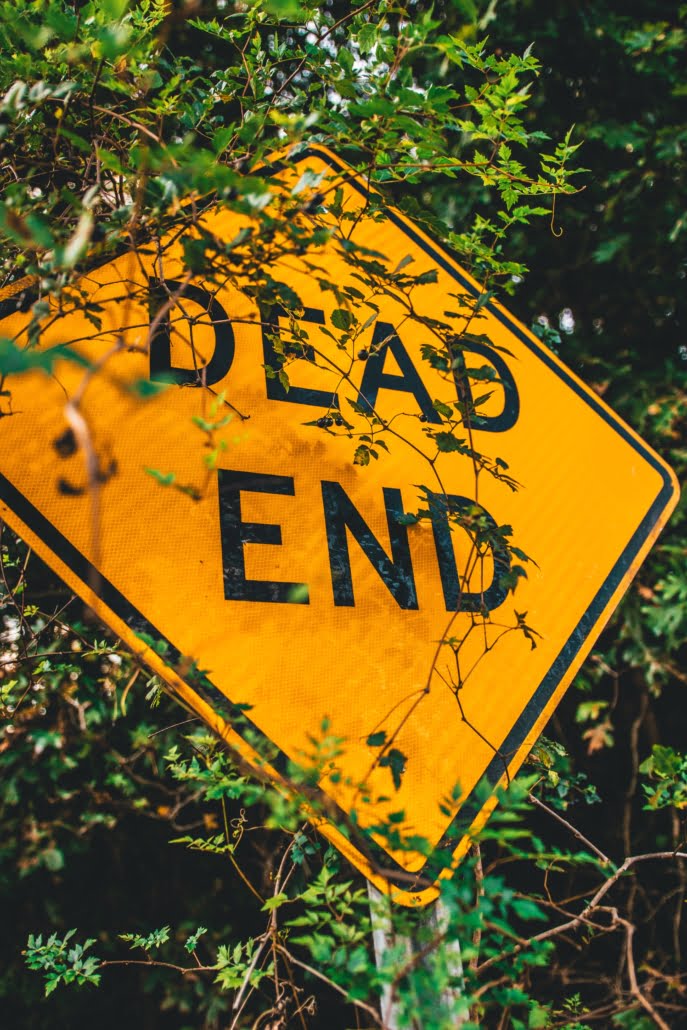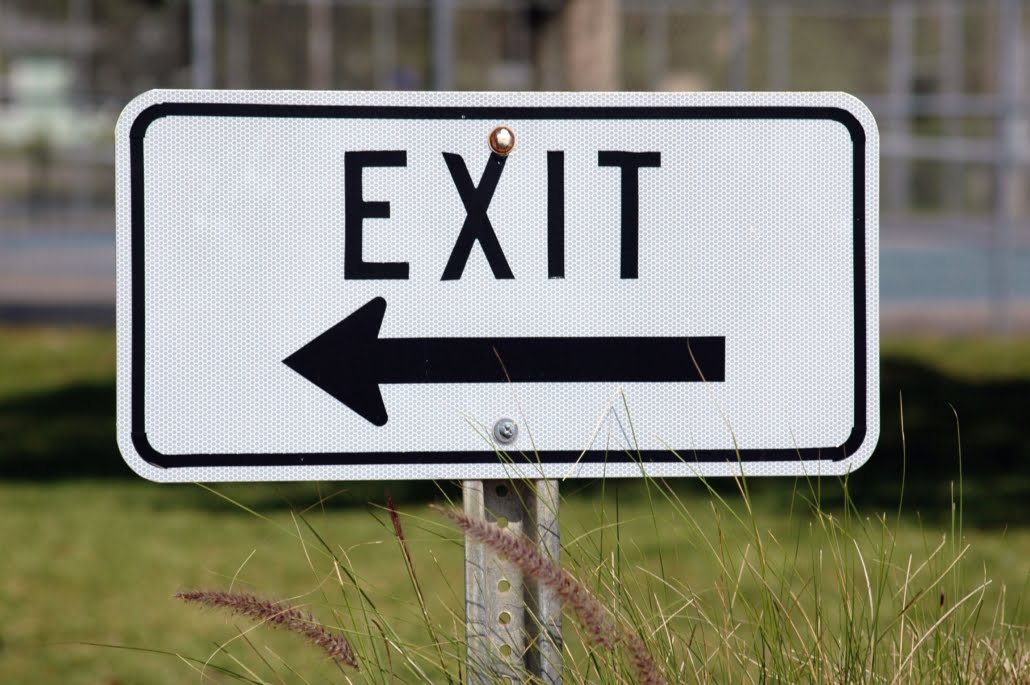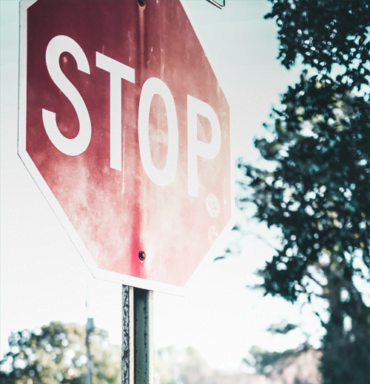
Most people think of a relapse as the moment that they give in to temptation and use their substance of choice. However, relapse actually starts much sooner, and if you can catch the early warning signs, you may gain an advantage that helps you stop the process before you use.
The Yale Journal of Biology and Medicine provides three distinct stages you can watch for to help arrest a relapse before it sets you back.
1. Emotional Relapse
Using isn’t on the conscious horizon in the first phase of relapse. Instead, you may be in active denial that there’s a problem – meanwhile your behaviors and emotions are taking you the wrong direction.
Consider this: Are you bottling up your emotions and avoiding other people? Maybe you’ve stopped seeking peer support, or you focus on everyone else’s issues, and you don’t want to talk about your own. Your sleeping and/or eating habits may be spiraling.
Self-care is the way to stop emotional relapse! Poor self-care leaves you hungry, angry, lonely, and tired (HALT). This leads to restlessness, irritability, and discontent, and when anyone is in this state, they may look for a means of escape. If you make time for yourself and give yourself permission to be happy and have fun, you get back into a good headspace that doesn’t call for a substance to provide relief.
2. Mental Relapse

During a mental relapse, people are actively thinking about using. They may have cravings, try to come up with ways they could use and still stay in control, or minimize the consequences of their using in the past. Bargaining or lying are common signs of mental relapse. People start trying to think of situations where it would be OK to use.
If you are here, your situation is high risk. Your defenses are down, and you need to get back to a place of safety now. Call your peer support, talk to your therapist, or sign up for a relapse prevention class.
(Note that occasional brief thoughts of using are not always a sign of mental relapse. But, if the thoughts are pervasive and frequent, it’s a good idea to assess your mental and emotional health status.)
3. Physical Relapse
If you are at the point of using, you’re at the hardest place to stop the process. Some people argue that one use is a lapse, not a relapse, but physical relapse often doesn’t stop with one use. It may take time to regain the ground lost after sustained uncontrolled use.
Just as relapse involves more than substance use, recovery involves more than the state of not using. Regardless of what stage of addiction, relapse, or recovery that you are in, you can call West Sound Treatment Center for help and support: 360-876-9430.



